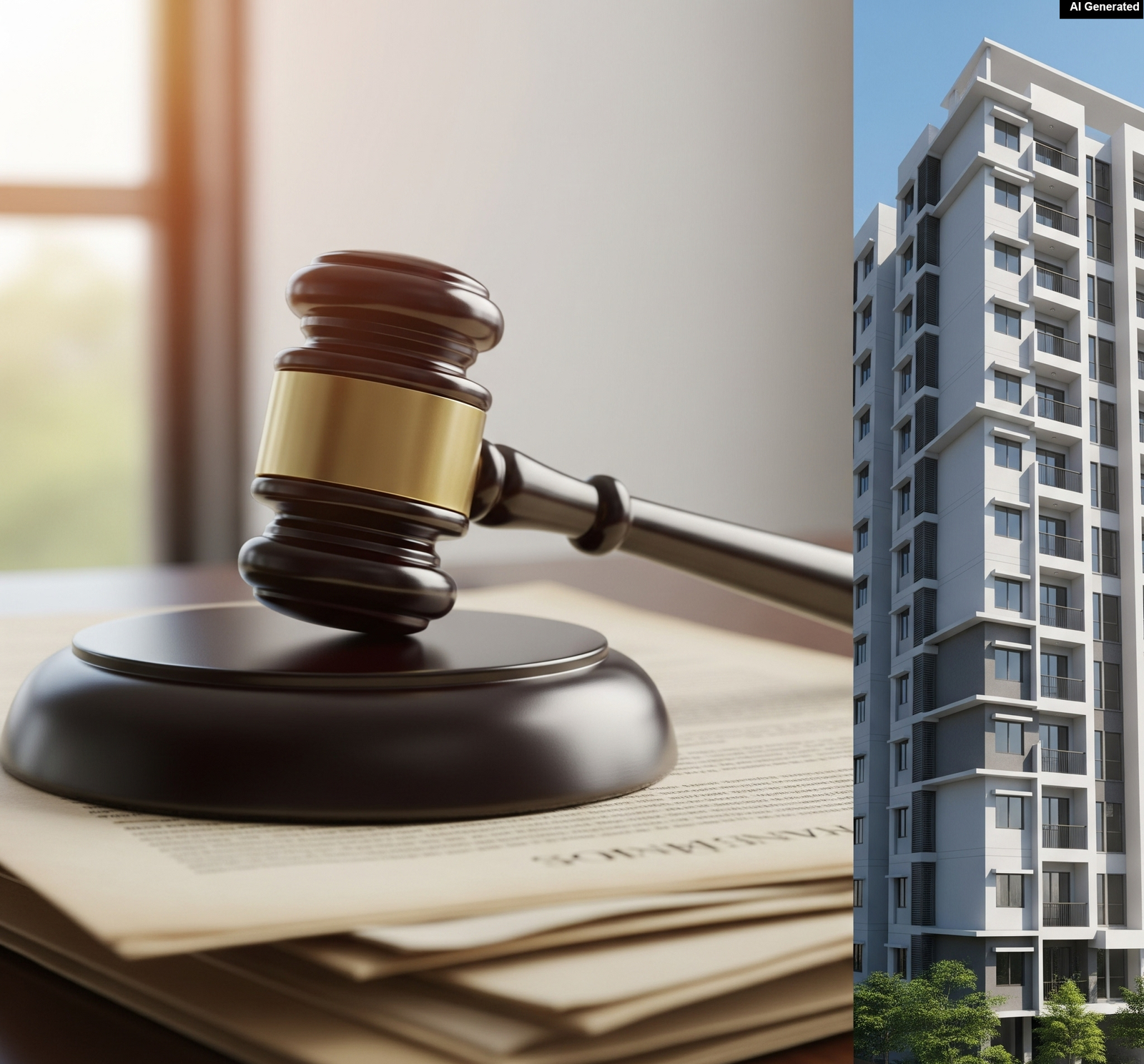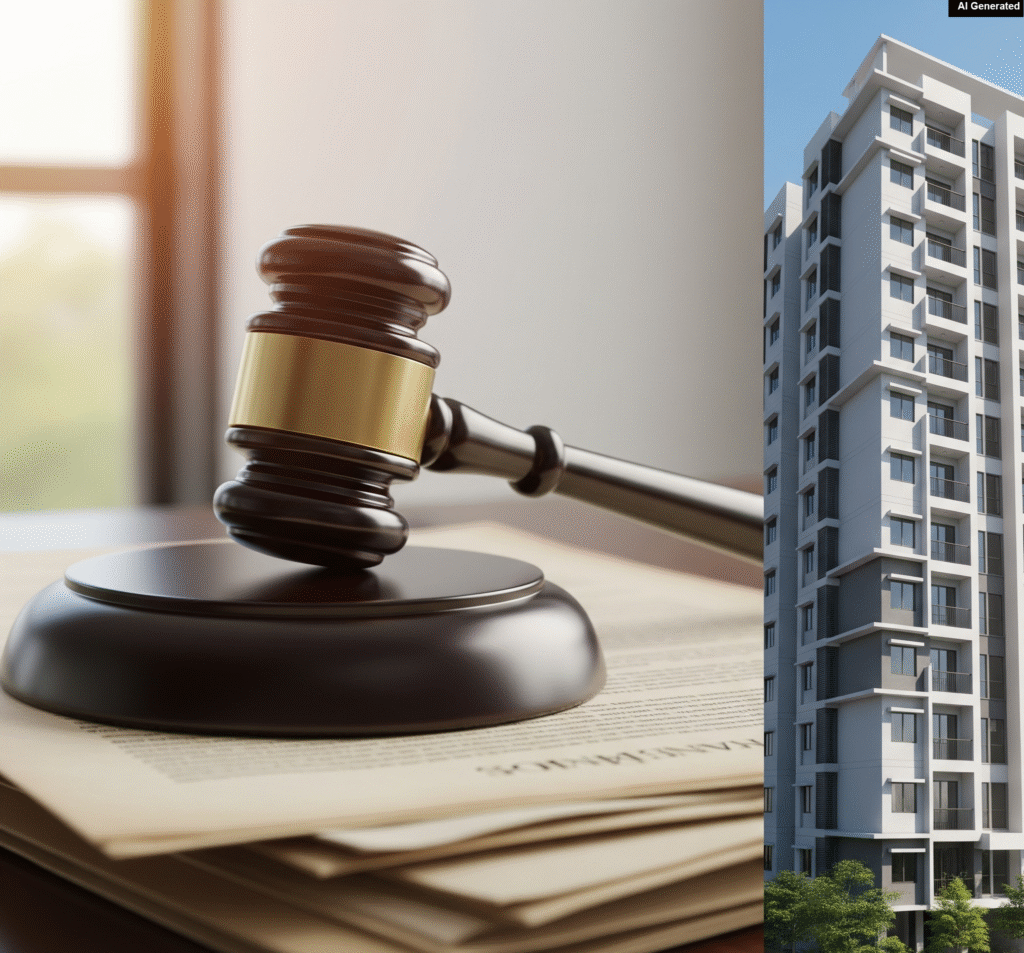Tamil Nadu property rules – If you’re involved in Tamil Nadu’s real estate market, get ready for some major changes. The state government has rolled out a new set of rules for property valuation, and they’re designed to make the whole process fairer and more transparent. Whether you’re buying your dream home, selling a property, or just keeping an eye on the market, here’s a breakdown of what’s new and what it means for you.
The End of the October Rush: Flexible Guideline Values (Tamil Nadu property rules)
One of the biggest shifts is how and when guideline values—the minimum value at which a property can be registered—are updated. Previously, these values were only revised in October, creating a bottleneck and often leaving them out of sync with the fast-moving market. Now, the government has thrown out that old system. The valuation committee can now revise guideline values at any time of the year, allowing for more timely and accurate adjustments that reflect the real-world prices in your area.
"Composite Value": A Fairer Way to Value Apartments
For the first time, the government has officially defined “composite value” for apartments, villas, and row houses. This means that when you buy an apartment, the registered value will now officially include not just the land your home sits on (the undivided share) but also the super built-up area, which accounts for common amenities like lobbies, staircases, and swimming pools.
While this has been an unofficial practice for a while, putting it into the rulebook makes it official and transparent. This change recognizes that the value of a home isn’t just in its four walls but also in the shared spaces and facilities that make up modern living.
Why Are These Changes Happening?
The government’s goal is to bridge the often-huge gap between the official guideline value and the actual market price of a property. In some prime areas, this gap is massive. For example, in some parts of Bengaluru, the guideline value is close to the market rate, while in many parts of Tamil Nadu, it’s significantly lower. This discrepancy not only leads to lower stamp duty revenue for the government but also encourages under-the-table cash transactions.
By bringing guideline values closer to market reality, the government hopes to curb black money and make property deals more transparent.
What Are the Experts Saying?
Real estate experts have largely welcomed these reforms. They see the move to a “composite value” as a long-overdue step that will eliminate confusion and create a more level playing field. However, they also caution that any increases in guideline values should be gradual. A sudden, sharp hike could put a heavy burden on homebuyers. The consensus is that small, regular increases are manageable, but dramatic jumps should be avoided.
Many also believe that if guideline values are increased, the government should consider lowering the stamp duty rates to ease the financial burden on genuine homebuyers.
What's Next?
These new rules are already in effect, and all district registrars and sub-registrars have been instructed to implement them immediately. The government’s online systems will be updated soon, and the revised guideline values will be published in the coming weeks.
For anyone in the Tamil Nadu property market, these changes are a significant development. They promise a more transparent and realistic system, but it will be crucial to see how they are implemented in the coming months.
Source –Economic Times






